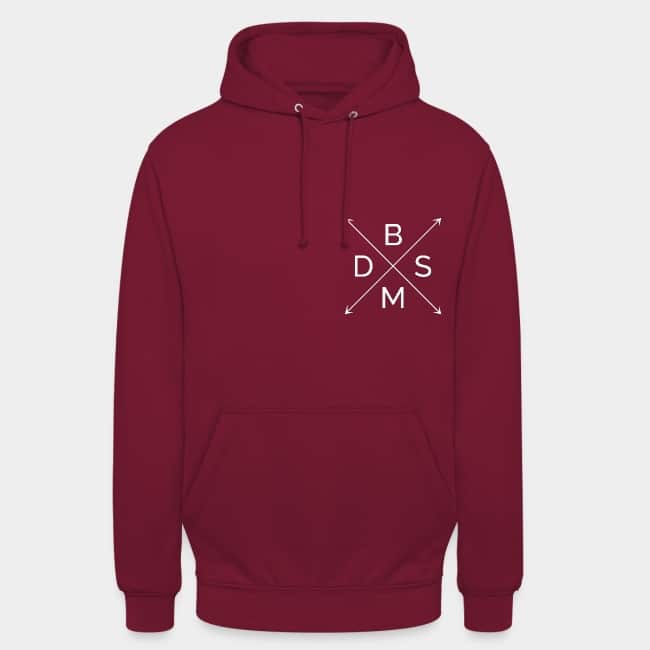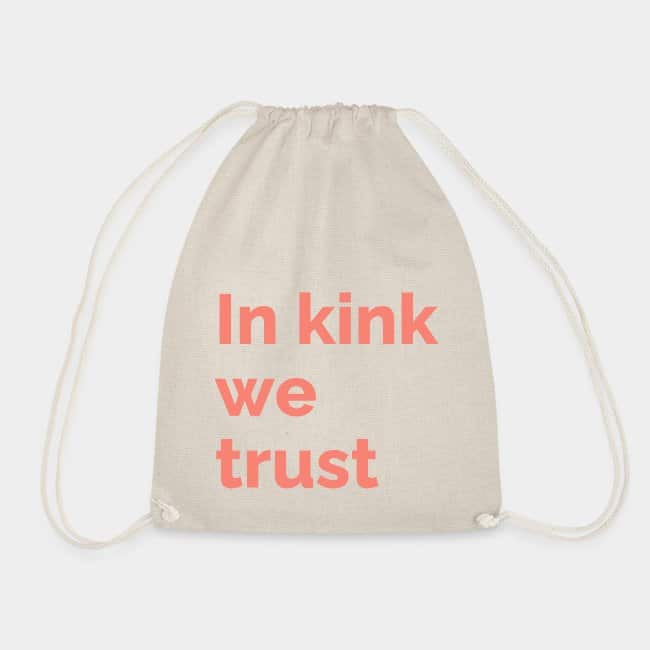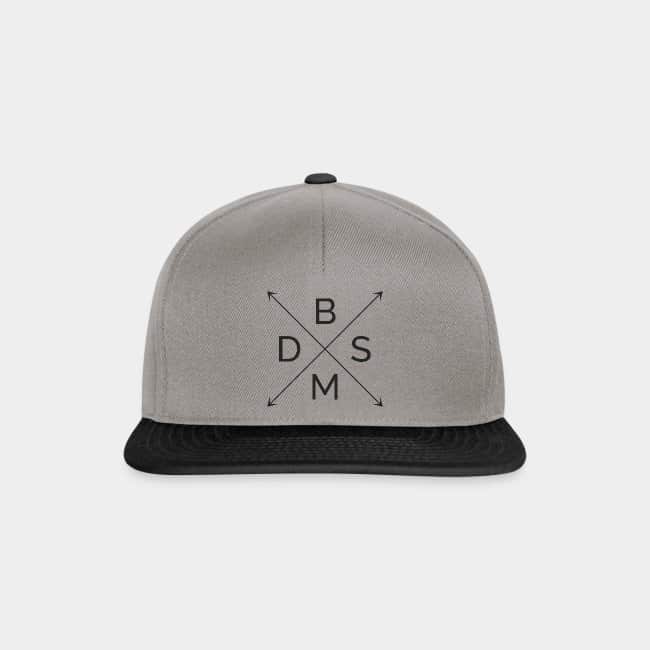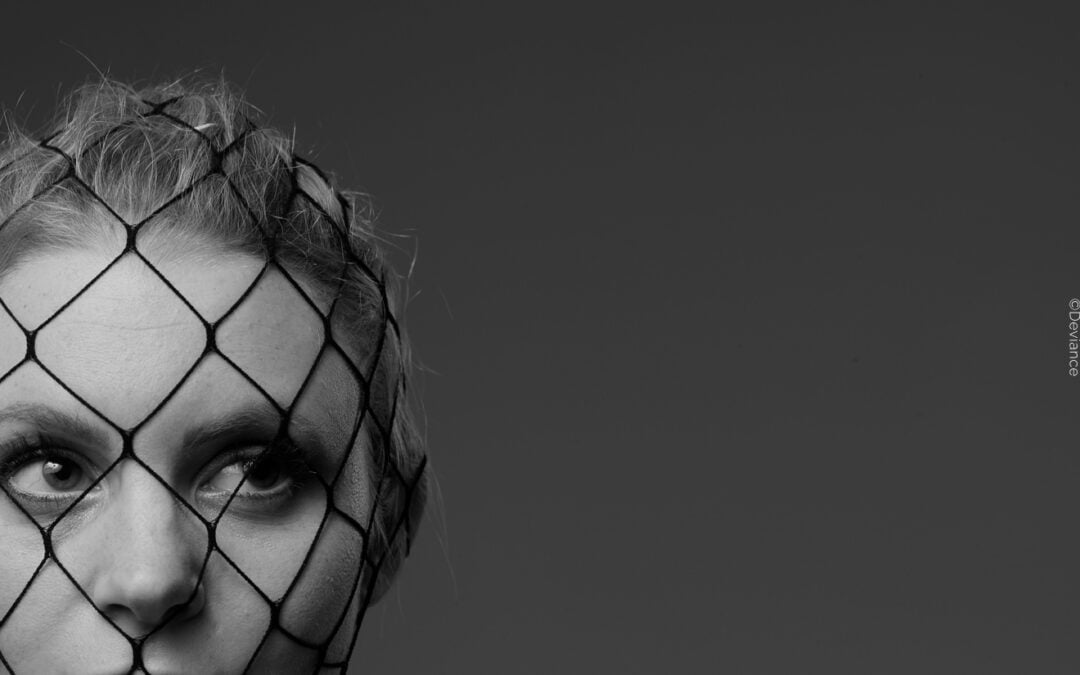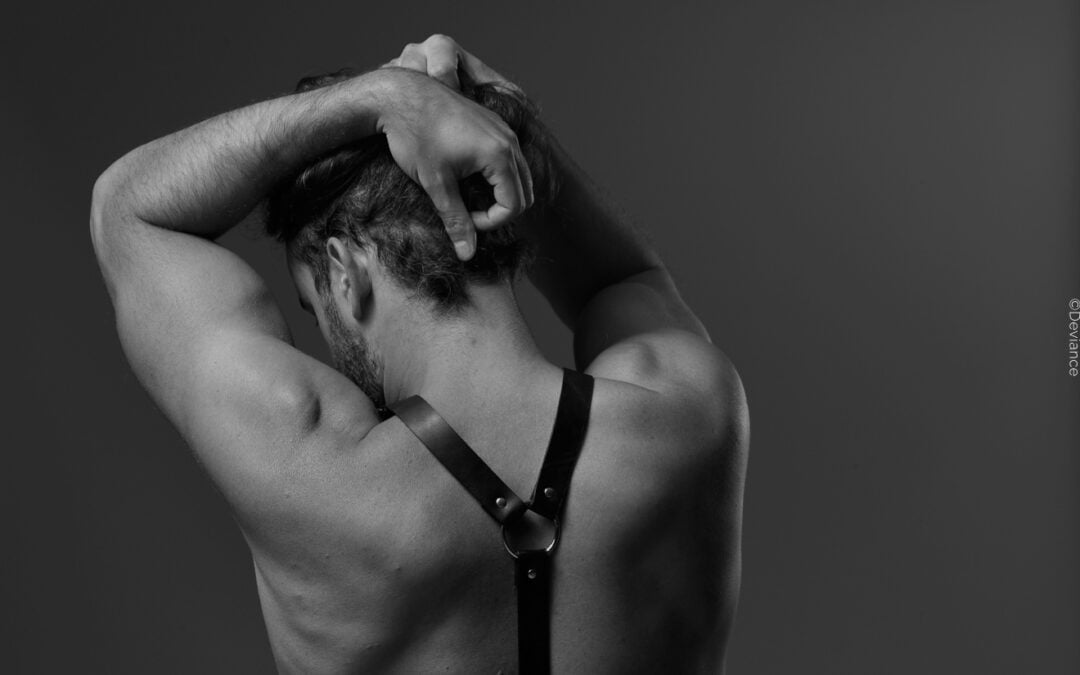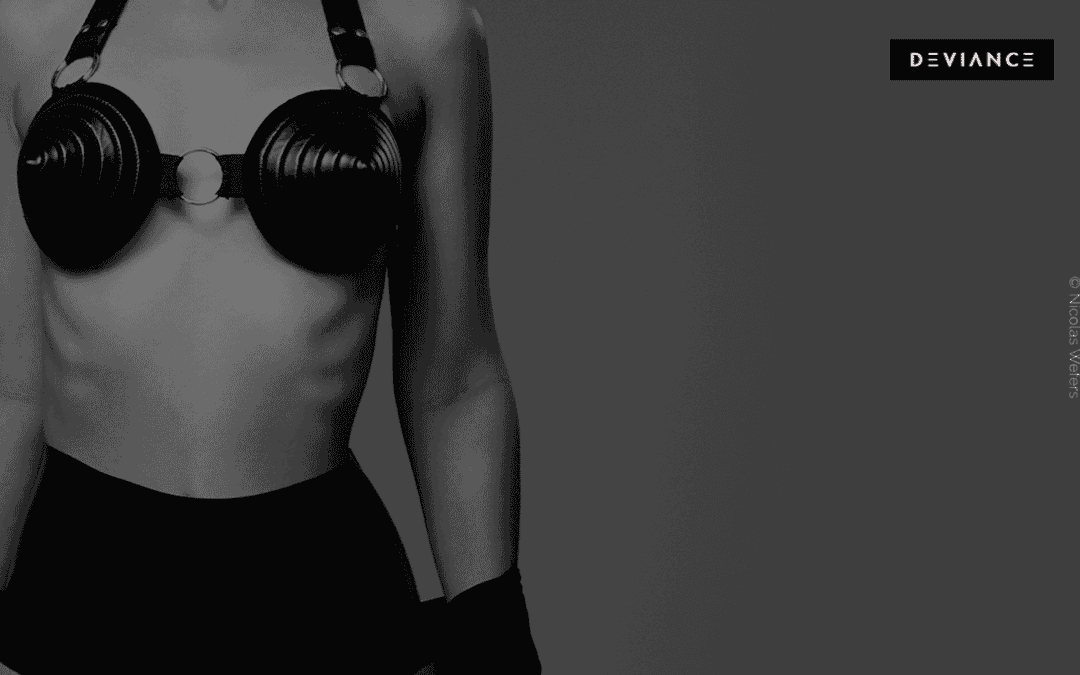The community – If you hang around in the kinky bubble, especially online, you will inevitably come across this term. But who or what is that anyway? At what point do you belong to the BDSM community? Who is included, who is allowed in and what do you have to do? We’re trying to provide a bit of clarity.
The term “scene” or “community” is used in a social context to group together people with the same lifestyle, hobbies, preferences and beliefs. Other examples include the fitness community, car community, gothic community, tattooed people or entire professional sectors such as the media community. A scene often establishes itself through a taste in music or a particular sport. The BDSM community is – quite simply – about BDSM, kinks, fetish and everything that goes with it. A specific BDSM bubble, on the other hand, is more limited to a specific group of people, a platform, a region or something similar.
Who are we and how many?
The BDSM community in the broadest sense
When defining the BDSM community broadly, it encompasses everyone who has some interaction with BDSM and fetishes. So, if you’re reading this, you’re likely already a part of it in some way. Congratulations and welcome! Event organizers, website operators, models, photographers, retailers, and designers can also be considered part of the BDSM community in a broader sense, even if they themselves do not have any kinky tendencies. This is because these people also exert influence.
As a person who has just discovered BDSM or only lives out his or her passions in private, you may not necessarily feel like you are part of the community. But these silent Kinksters are also part of it. For example, they influence supply and demand in the scene through their purchasing behavior or media consumption.
The BDSM community from a local perspective
Often, munches or BDSM meetups are the first contact with like-minded individuals. This means you can find local gatherings through Google or event categories on various platforms. In almost every major city, there are branches of the BDSM youth organization SMJG, other clubs, or informal gatherings. These meetups provide a relaxed environment to meet others in the region who share an interest in BDSM. You gather with a group or a few people at a public venue, exchange knowledge and experiences, make connections, and chat about various topics. It’s a place to get recommendations for books, shops, and workshops. Within regional scenes, you’ll find a spectrum from experts to so-called Wannabe Doms. Perhaps someone has their own Shibari dojo or playroom that they offer to others. Regional contacts often provide opportunities for cover when you go on a date or trying out new types of play.
A close look at the BDSM community
But there is also the temptation to define the term BDSM community a little narrower. Namely based on those people who shape the image of BDSM. On the one hand within the bubble and of course also socially. This group of people includes bloggers, designers, educators, influencers, photographers, actors and many more. There are some real stars within the scene in their own fields. Riggers that everyone who is interested in bondage has heard of. Fetish models that everyone knows. Or designers whose products are particularly popular.
These individuals shape the community or scene not because they are famous or have a particular reputation, but because they are the ones who make a visible impact, influence trends, and engage in discourse with each other. Additionally, there are countless active kinksters who may not appear in public but make waves online. Forums and social media platforms buzz with lively discussions on almost every imaginable kinky topic. These individuals embody the scene just as much as those who present themselves in public.
When you’re in, you’re in!
When does one become a part of the BDSM community? There is no concrete answer to this question. Primarily, a sense of belonging is subjective. Even though, by broad definition, anyone with kinky tendencies belongs to the scene, a person may not necessarily define themselves as an insider because of this. Some thoughts might be familiar, like: “I don’t go to parties, so I don’t belong.” Or: “Most of it is too extreme for me; I’m such a bore.” Or: “I don’t even have a special outfit. The way I look, I don’t fit in.”
The term “BDSM community” holds a certain reverence for many newcomers. Long-established kinksters, who seem to know everything and have done it all, can appear intimidating, and there’s a fear of embarrassing oneself in front of them. However, a community grows and evolves through precisely those individuals who have questions and seek information. Exchange and communication form the basis for new currents and ideas. Therefore, even those who have long felt at home in the kinky community should not judge those who are just looking around, taking their first steps, or keeping a low profile.
So there is no admission ritual and no particular key event that has to happen in order for you to belong to the community. The more you reflect on yourself and get in touch with other interested people – be it online or in real life – the more you will feel like you belong. And at some point, “It’s common in the BDSM community that…” slips out of your mouth.
Being in the BDSM community doesn’t always mean having the same mindset.
However, it is precisely such sentences that should be used with caution. Because “the community” always represents a generalization. However, this is rarely fully valid. Each of is an individual with their own beliefs and characteristics. It starts with terms that are considered typical of the scene. For example, many use the term Slave to describe submissive individuals who enjoy serving. Although everyone in the community knows what this means, some still distance themselves from this term.
Unfortunately, there are also prejudices and kink shaming within the BDSM community. There are also fringe groups among kinksters who struggle with intolerance. There are countless myths and clichés circulating. This is because usually only particularly provocative and extreme behavior is noticed. Both from outside and within the community. To counteract this, we should refrain from describing behaviors or tendencies as representative of the BDSM scene. Rather, we should view this term as a designation for our diverse community.
Kinky togetherness instead of an elitist club
No matter which scene we are talking about: As soon as something connects us, we become a community. We know this from sports, among motorcyclists, comic nerds and many more. We are also connected to each other in the BDSM scene. There are platforms, clubs, events, get-togethers, workshops, clubs and many other ways to get and stay in touch.
Similar to the LGBTQ+ community, with which there are many intersections, we kinksters are generally tolerant and open-minded. A generalization that we consciously allow ourselves at this point. Of course, we don’t want to hide the fact that there are black sheep in our bubble too. People who believe they are better than others based on their experience. Narcissists, stupid people, trolls or simply people with whom you personally don’t harmonize. There are people like that everywhere.
The kinky community is anything but a tight-knit circle of dark characters. Information and knowledge are made available in many places. Anyone who asks for help will get it. With a sexually connoted topic like BDSM, the inhibition threshold for getting into contact is certainly greater than in a swimming club. But each of us has attended our first party, tried a practice for the first time or bought our first gag. Most people haven’t forgotten that.
You’re into BDSM and want to show it? #ExpressYourKink with the items from the Deviance Shop! Here you’ll find a wide selection of everyday clothing, accessories, and decorative items with matching terms and designs.
Do you like what you see? You can find these and many more clearly ambiguous designs on a wide range of products from shirts and tops to sweaters and hoodies, as well as caps and home accessories in the Deviance Shop! #ExpressYourKink
